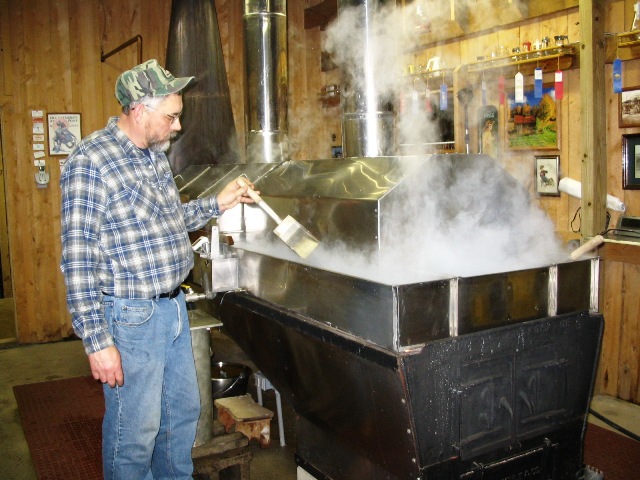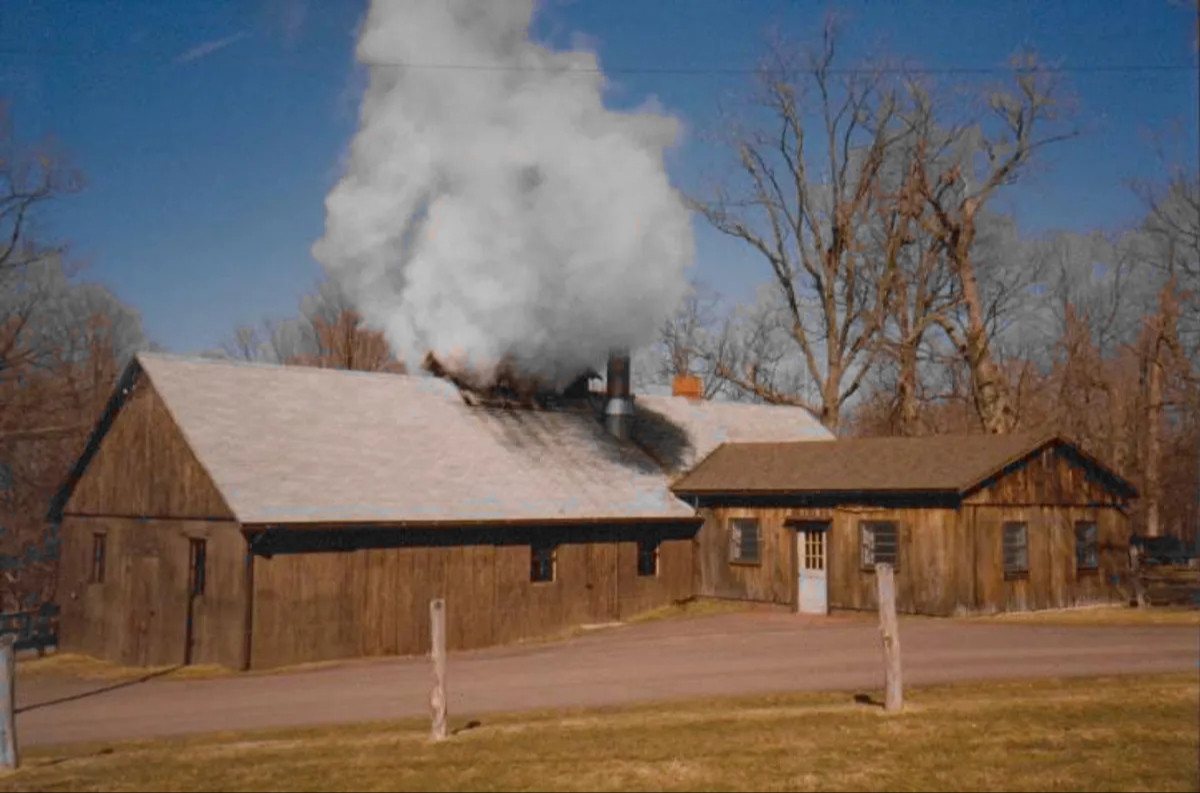I'm boiling down some maple sap this year on the stove top. A bit late but thought I'd give it a whirl even if it only yields a quart or two of maple syrup.
Will keeping the hood vent on increase the rate of evaporation?
Conventional logic makes me think yes, but I just read a few threads on this topic and left feeling a bit confused since some people indicate that the hood reduces the surface temp and creates an inconsistent boil which can decrease the rate of evaporation.
EDIT: Since there has been some discussion below in regards to the type of hood vent being used so I'll add this: It's a fairly standard residential hood vent that vents to the outside through the ceiling (not the recirculating kind). When it's on it is definitely pulling steam out of the kitchen — I can see the steam flowing up through the vent.
Also, the pot is on at a simmer. The amount of steam being produced here is not a large quantity and the hood seems to do an adequate job of removing all of it. For purposes of answering this question, please assume that the vent is removing steam. The question in this case is, will removing steam at the rate which it is produced increase the rate of evaporation.


